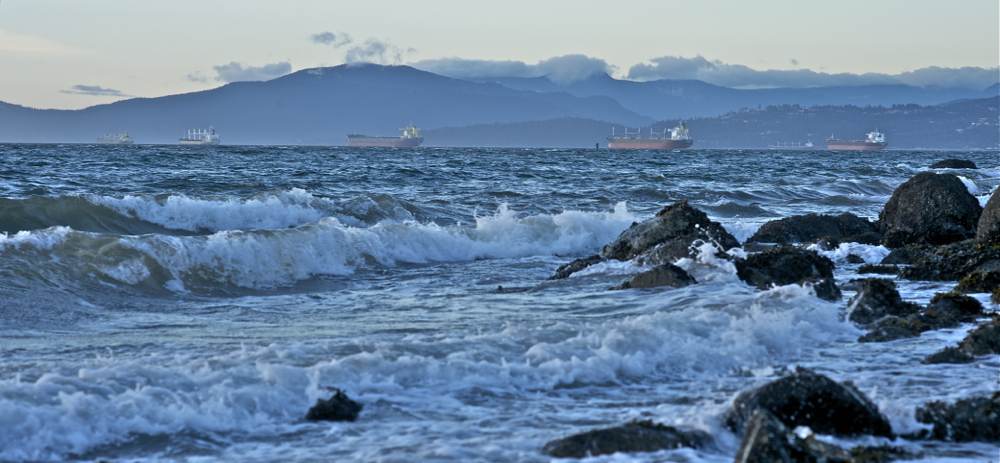By CHRIS WOOD
If Canada’s Prime Minister Stephen Harper and Australia’s Tony Abbott, the world’s most unabashed national cheerleaders for Big Carbon, were really the ‘frank,’ hard-nosed pair they pretend to be, two reports out in as many days would surely shake their certainty that acting to slow down and adapt to climate change will “destroy jobs and growth in their country,” as the first of the pair said earlier this month.

In fact, the opposite is more likely to be true. Failure to tackle climate change seriously, a bipartisan, independent and business-oriented study group in the United States has found, is likely to cost that country hundreds of billions of dollars in economic losses. According to the World Bank — hardly a nest of lefties — on the other hand, acting to contain climate damage could make the world trillions of dollars richer as soon as 2030.
Risky Business, funded by former New York Mayor Michael Bloomberg, former U.S. Treasury Secretary (under President George W. Bush) Henry Paulson and green-minded billionaire Tom Steyer, identifies some ‘wins’ for the economies of northern-tier American states, but staggering losses in its southern and coastal states. Sea-level rise alone puts more than US$700 billion in coastal property at risk, the report warns: “On our current climate path, some homes and commercial properties with 30-year mortgages in places in Virginia, North Carolina, New Jersey, Alabama, Florida, and Louisiana and elsewhere could quite literally be underwater before the note is paid off.” Hurricanes and other coastal storms will cost the U.S. an additional $35 billion a year by 2030. Key harvests, including corn, soybeans and cotton, are likely to fall by 10 to 20 percent within as little as five years; more certainly within the quarter-century.
Although the study is limited to the United States, elsewhere in the world Canada and Australia both face similar threats of coastal inundations, and droughts and heat waves in key interior agricultural regions. Neither country’s government has comprehensively assessed their economy’s vulnerability to climate change (although Canada’s independent advisory National Round Table on the Environment and the Economy did in 2011, a year before being shuttered by the Harper government).
While climate change, according to Paulsen et al, will likely destroy more than a trillion dollars of property and livelihoods in the U.S. alone, just a day earlier the World Bank’s reported that tackling the problem has the potential to boost world gross economic product by $2.6 trillion by 2030.
The Bank’s report, Climate-Smart Development: Adding Up the Benefits, finds that even if only the United States, China, Brazil, India, Mexico and the European Union institute new policies aimed at cutting emissions, world GDP would rise by 1.5 percent more than it will on its current track. “This report removes another false barrier, another false argument, not to take action against climate change,” said World Bank President Jim Kim.
Are you listening, Mr. Prime Ministers?
Copyright Chris Wood 2014
Further reading and viewing:
Natural Security, Chris Wood’s bimonthly Facts and Opinions column , is here.
The report Risky Business is available at: http://riskybusiness.org/
Climate-Smart Development: Adding Up the Benefits is available at: http://www-wds.worldbank.org/external/default/WDSContentServer/WDSP/IB/2014/06/20/000456286_20140620100846/Rendered/PDF/889080WP0v10Bo0elopment0Main0report.pdf
The Canadian NRTEE’s Paying the Price is available here: http://collectionscanada.gc.ca/webarchives2/20130322143115/http:/nrtee-trnee.ca/climate/climate-prosperity/the-economic-impacts-of-climate-change-for-canada/paying-the-price
Video of the press conference announcing Risky Business:

